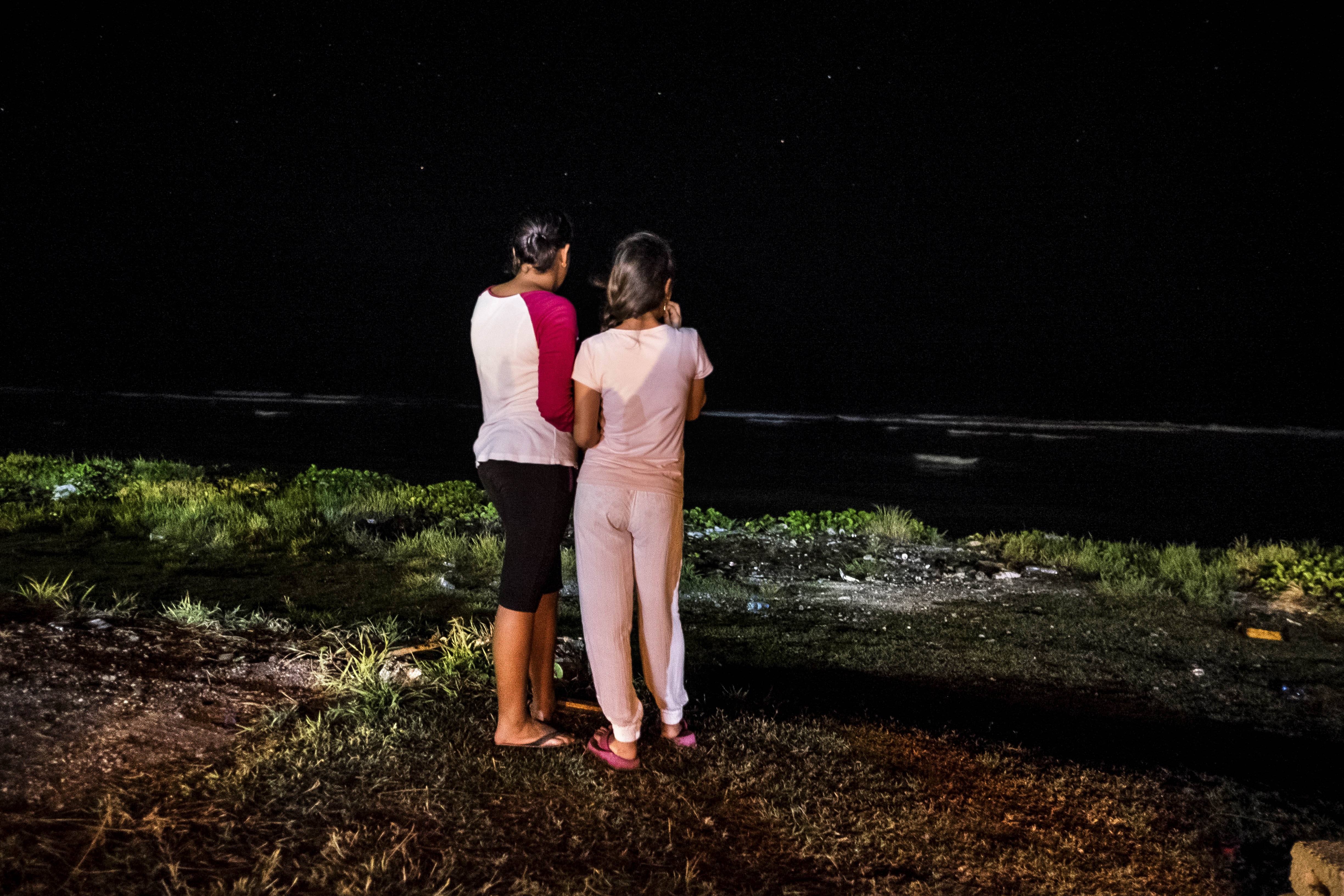Problems persist at Manus Island processing centre: UNHCR Australia report
Problems persist at Manus Island processing centre: UNHCR Australia report

CANBERRA, Australia, July 12 (UNHCR) - The UN refugee agency said on Friday that problems persist at an island processing centre in Papua New Guinea that the Australian government uses to review claims by asylum-seekers.
The finding came in UNHCR's second report on the Manus Island Regional Processing Centre, which was compiled by a protection team that visited the island from June 11-13 to assess reception conditions at the processing centre under UNHCR's mandate. The team met with asylum-seekers and senior officials from Papua New Guinea and Australia, as well as staff of key service providers.
"The mission found improvements since its last visit in January, but current arrangements still do not meet international protection standards for the reception and treatment of asylum-seekers," a UNHCR spokesman said. "Living conditions are still harsh, processing remains slow and asylum-seekers are growing despondent over the lack of certainty about their future," he added.
Among the improvements has been the transfer of all children and their families to Australia, progress towards establishing a legal framework for processing, and some improvement in the physical facilities at the processing centre. "Our team also acknowledged the best endeavours of staff on site, under very challenging circumstances, to assist asylum-seekers living at the centre," the spokesman said.
However, UNHCR's inspection also revealed lingering shortcomings. Freedom of movement is still extremely limited in what continues to amount to an environment of open-ended, mandatory and, in UNHCR's view, arbitrary detention.
The team observed cramped living quarters, especially for single men housed in canvas tents. They told UNHCR that each tent accommodated four to six men and was very hot, especially from late afternoon into the night. Many asylum-seekers also expressed concern about hygiene issues related to bathroom facilities and food preparation, and poor access to medical services.
The report, which was released on Friday, said the lack of certainty among asylum-seekers over their future, coupled with slow progress in establishing effective processing arrangements, was contributing to pervasive frustration and despondency. Left unresolved, this could increase psychosocial harm for those who are affected.
With respect to the legal rights of asylum-seekers, UNHCR's team observed that, while refugee status determination processing is set to start in the near future, changes to Papua New Guinea laws and regulations are required to ensure a fair and efficient process for all asylum-seekers in the country.
UNHCR believes that the vulnerability assessments of asylum-seekers done prior to their being moved to Manus Island should be more comprehensive and take into account the limited available services there. "We are also concerned at the lack of information provided to people who are found to be refugees about when they might be moved on from the centre and provided with a solution," the UNHCR spokesman stressed.
Overall, UNHCR considers that the combination of a tough physical environment, restricted legal regime, and slow processing mean that existing arrangements still do not meet the required international protection standards, nor the terms of the memorandum of understanding agreed between the two governments in establishing the regional processing Centre.
UNHCR is not a signatory to the bilateral agreement between Australia and Papua New Guinea relating to the processing of asylum seekers. But the agency's position has always been for all asylum-seekers arriving into Australian territory, by whatever means and wherever, to be given access to a full and efficient refugee status determination process in Australia. This would be consistent with general practice, and in line with international refugee law.
The full report, including findings and recommendations, is available on UNHCR's Australia regional office website here.







